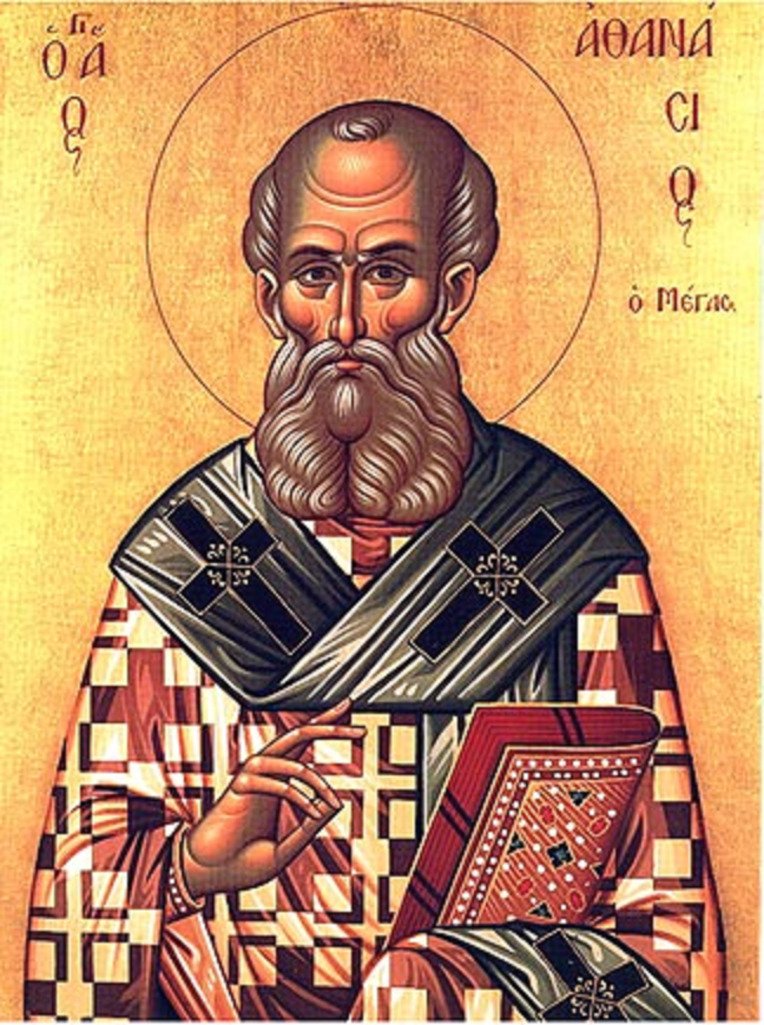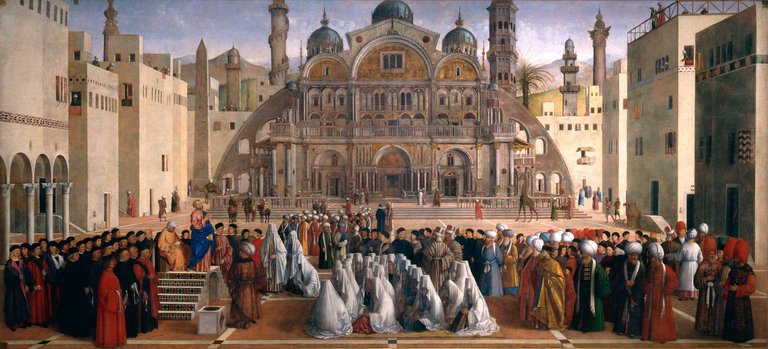February 21 in Christian History
On this day, February 21, 362, Athanasius returned to Alexandria after six years of exile.

Referred to as the “black dwarf” by his opponents, Athanasius was a perpetually controversial figure during his lifetime. Although he is respected today as one of the founders of orthodox Christianity, he didn’t enjoy such lavish popularity in his day. Since being driven out of his home six years earlier, he had been forced to live in hiding in the Egyptian dessert. The controversy began when he had dared to oppose the theological views of a powerful group known as the Arians.
The Arians denied Jesus’ eternal nature and his one-ness with the Father. They argued that for him to be the son of God, he must have been created by God, and must be a lesser being than God. Athanasius insisted on the full divinity of Christ and maintained that he was equal with God. Unfortunately for Athanasius, Arianism was the reigning orthodoxy of the day, and the nonconforming priest was forced to flee for his life.

But now the Arians were no longer in control. With the rise of emperor Julian, a leader with no Arian sympathies, Athanasius had been invited back to Alexandria under imperial protection and approval.
As he returned to public favour on that warm winter day, Athanasius dreamed of moulding the young church into a unified group that would hold to the same truths and worship the same God. That year, he would lead a council with members from every region of the Christian world.

Together they would agree to the bafflingly complex, yet transparently simple doctrine of the Trinity—that God consists of three distinct persons, eternally and indivisibly united in one substance. The doctrine that they agreed upon would become known as the Athanasian Creed:
We worship One God in Trinity and Trinity in Unity, neither confounding the Persons nor dividing the substance. For there is one Person of the Father, another of the Son, another of the Holy Spirit. But the Godhead of the Father, of the Son, and of the Holy Spirit, is One, the Glory equal, the Majesty coeternal.

This doctrine would go on to become a central and unifying belief among nearly all Christians throughout the coming centuries.